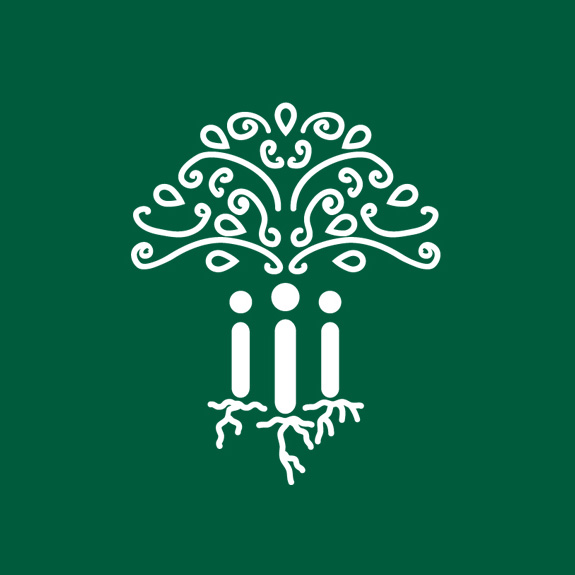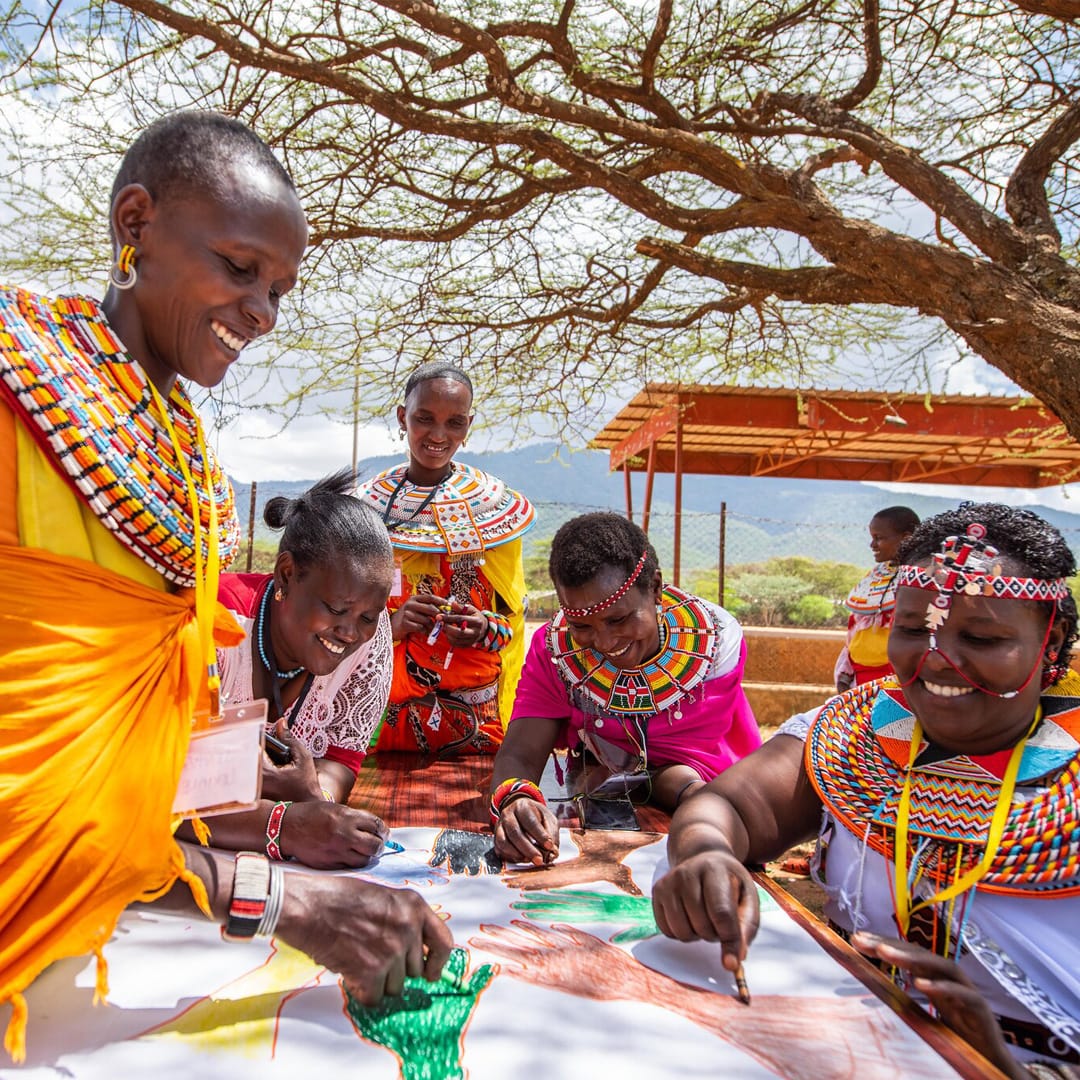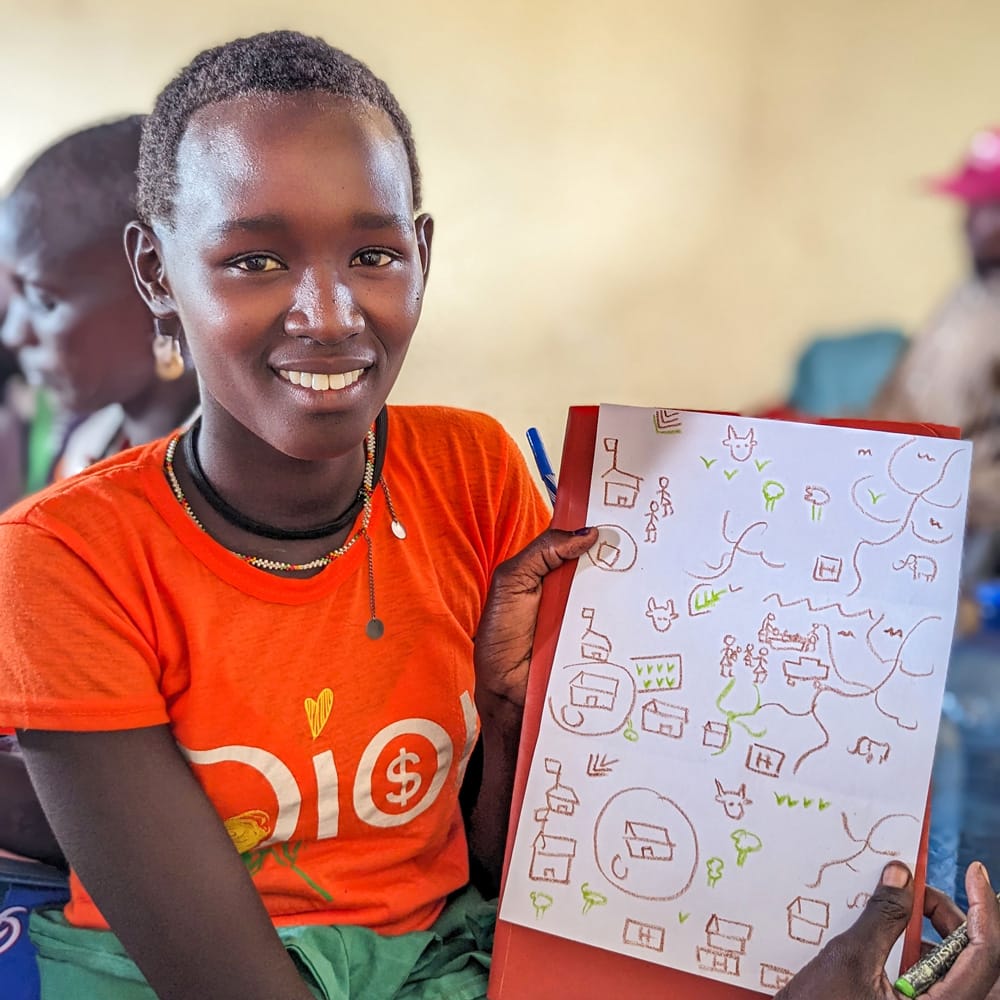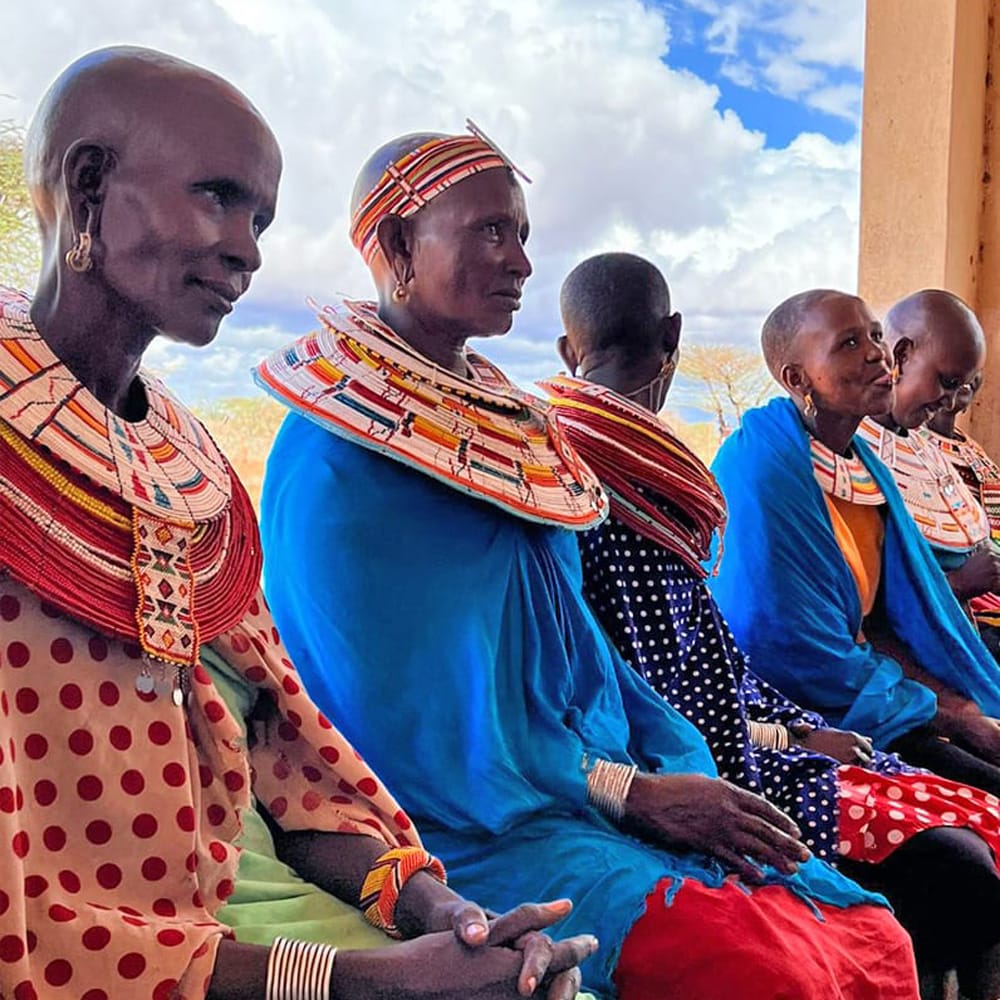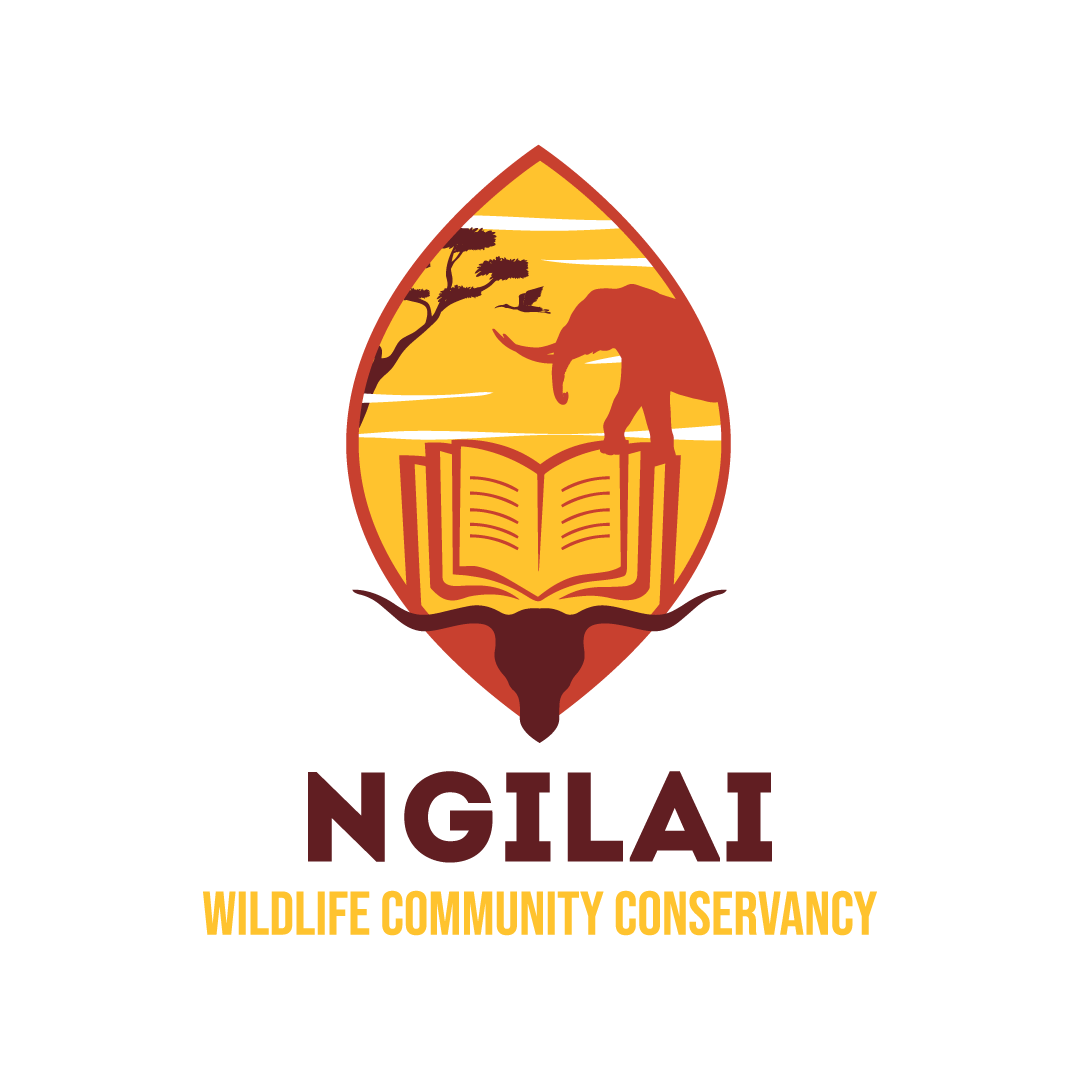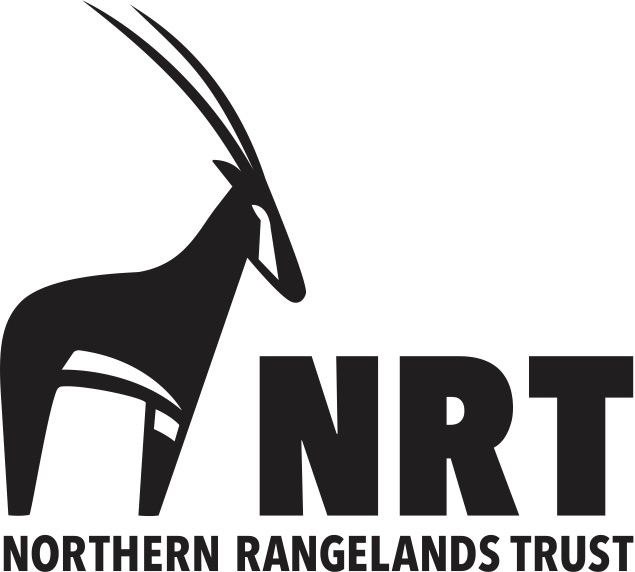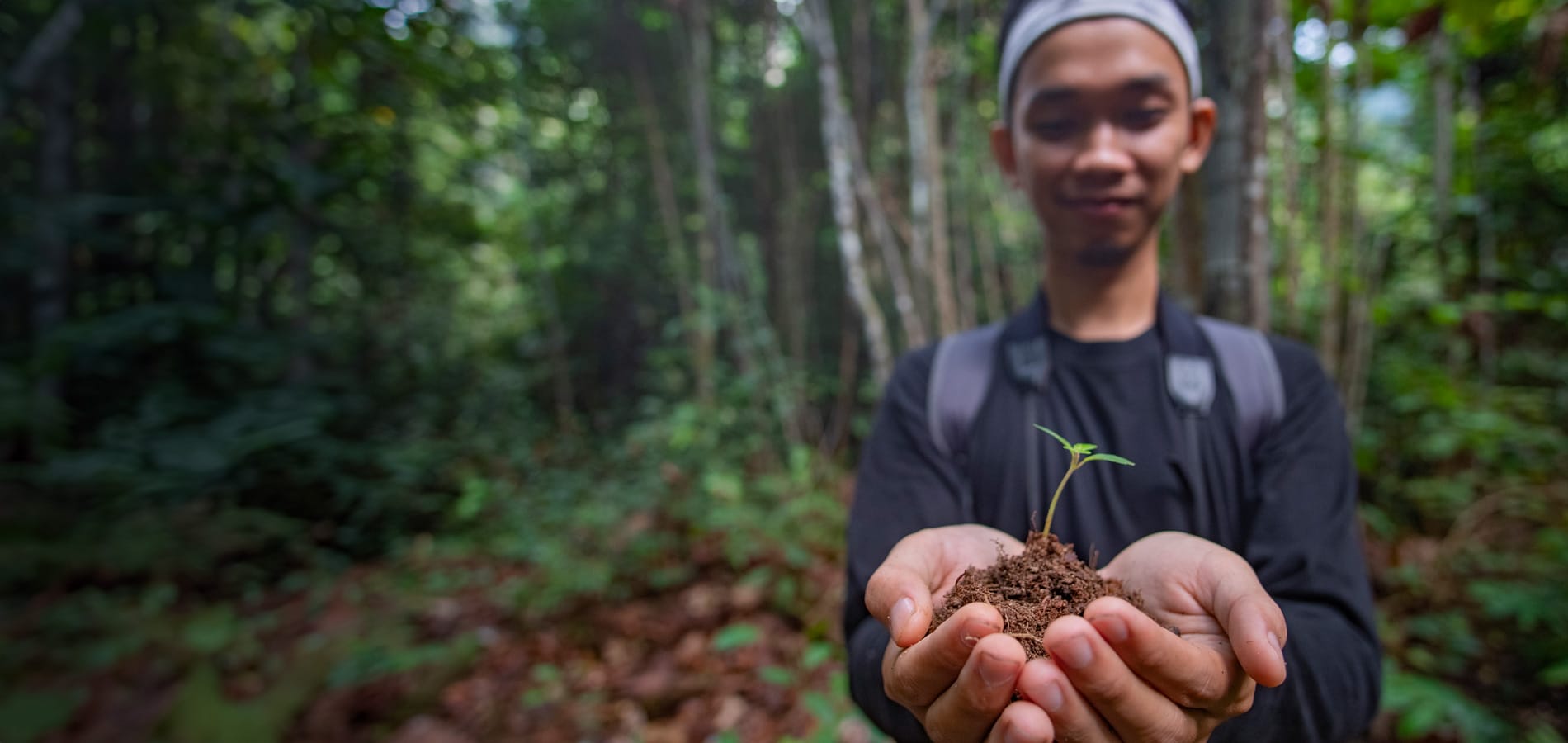
Ancient Forests of Indonesian Borneo
Planet Indonesia team member Rodi works on reforestation in West Kalimantan, Indonesia | Justin Grubb/Planet Indonesia
In 2024, Legado began a partnership to integrate our Thriving Futures methodology into Planet Indonesia’s work supporting Indigenous Peoples in the Indonesian province of West Kalimantan, located on the island of Borneo.
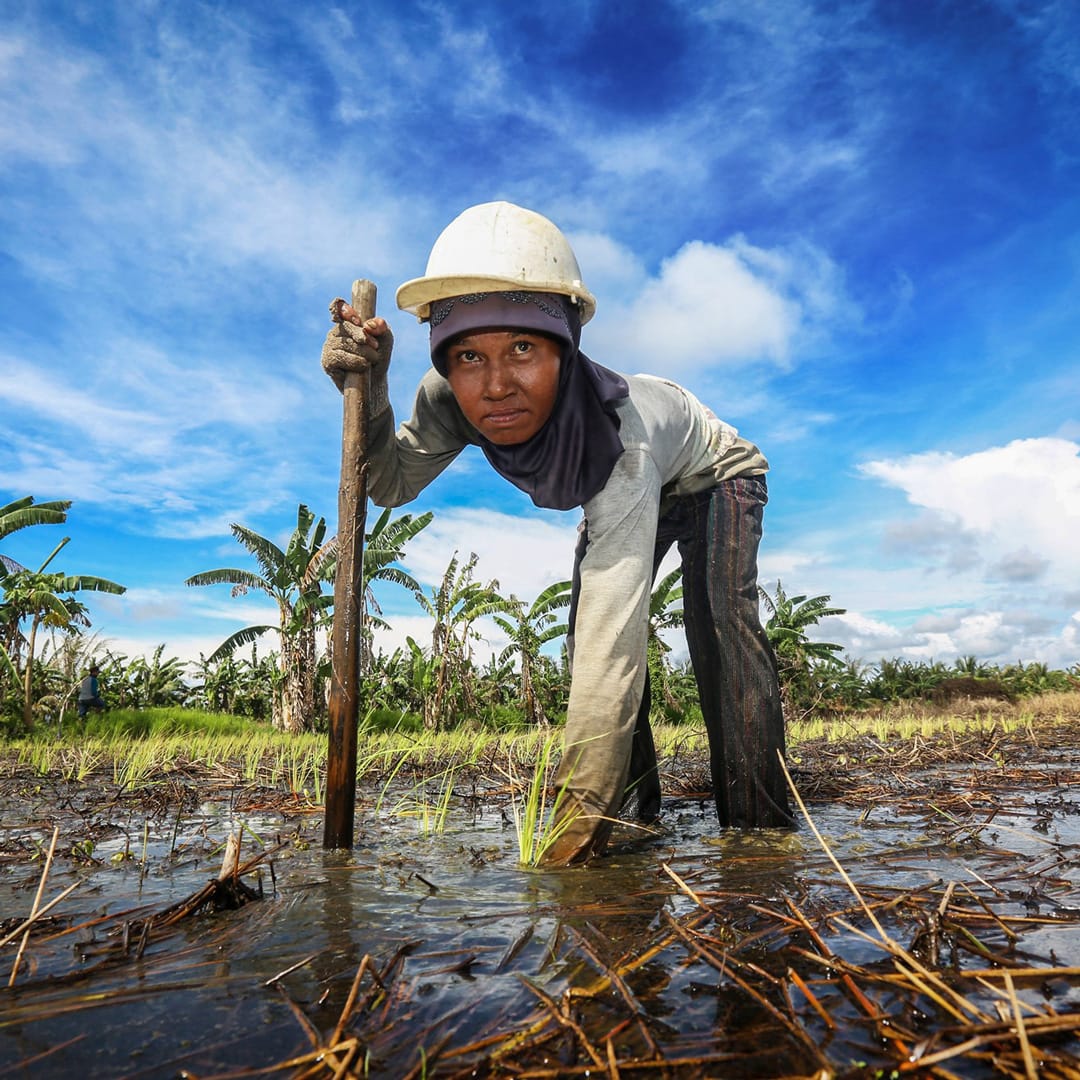
Community members support land restoration in West Kalimantan, Indonesia | Planet Indonesia
360° Community-Led Change
Legado’s partnership with Planet Indonesia starts by working with Indigenous Dayak communities in Melawi District, nested in the two million-hectare Arabella Schwanner landscape, home to Borneo’s largest remaining orangutan population.
Our partnership builds on Planet Indonesia’s deep experience and commitment to community-led governance and resource management. Working together, we will create an updated community engagement and planning tool that embeds 360° Community-Led Change into Planet Indonesia’s Core Model approach. The tool will be used to help local communities articulate their legacies and the priorities they want to pursue for their own Thriving Futures.
The resulting Legacy Plans will become the backbone for supporting local governance, grant proposals, and partnerships that support Indigenous communities to take actions that benefit both themselves and their landscapes.
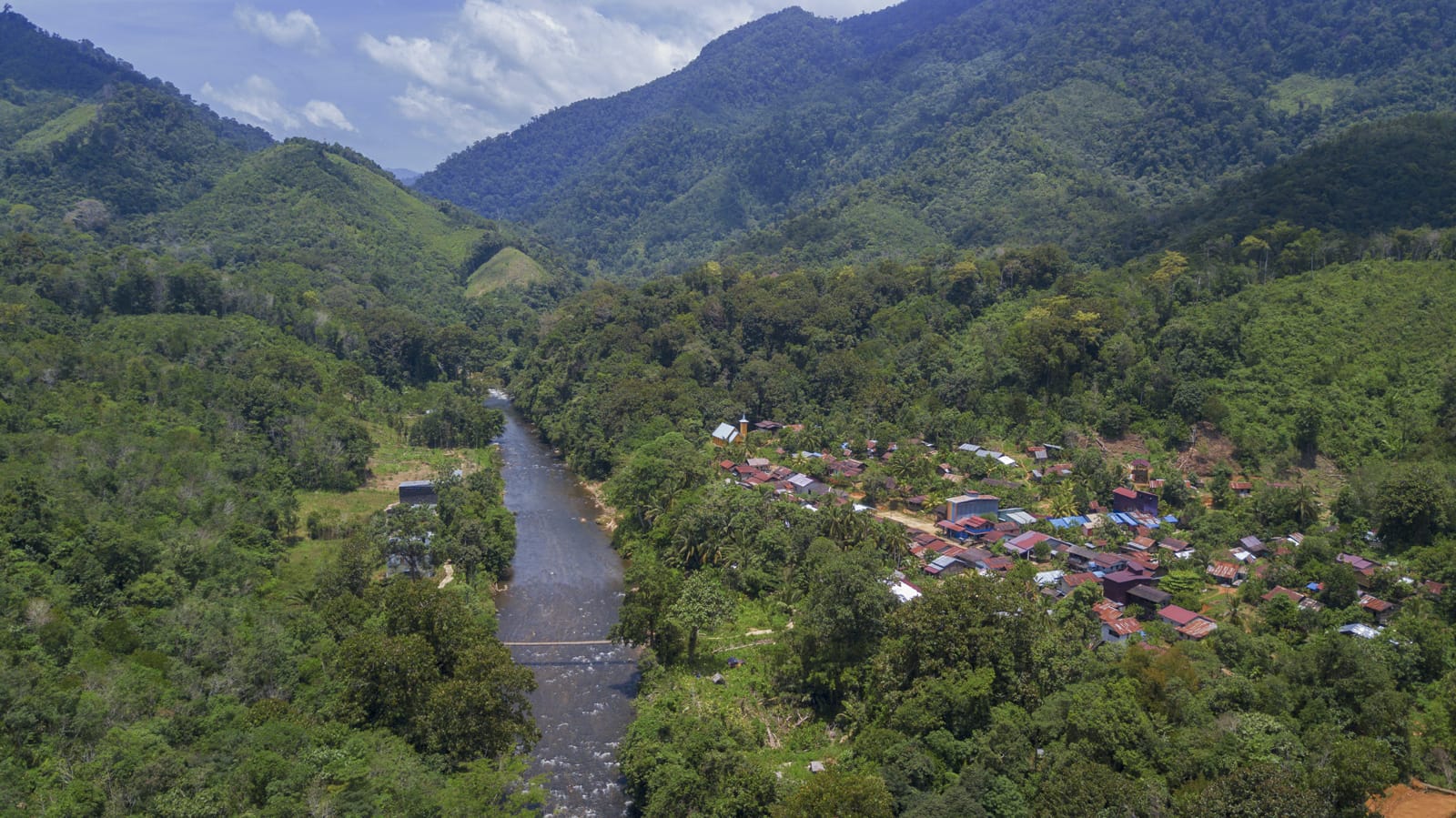
Creating Thriving Futures
Aerial view of a rural landscape in West Kalimantan | Planet Indonesia
Our Partner in West Kalimantan
